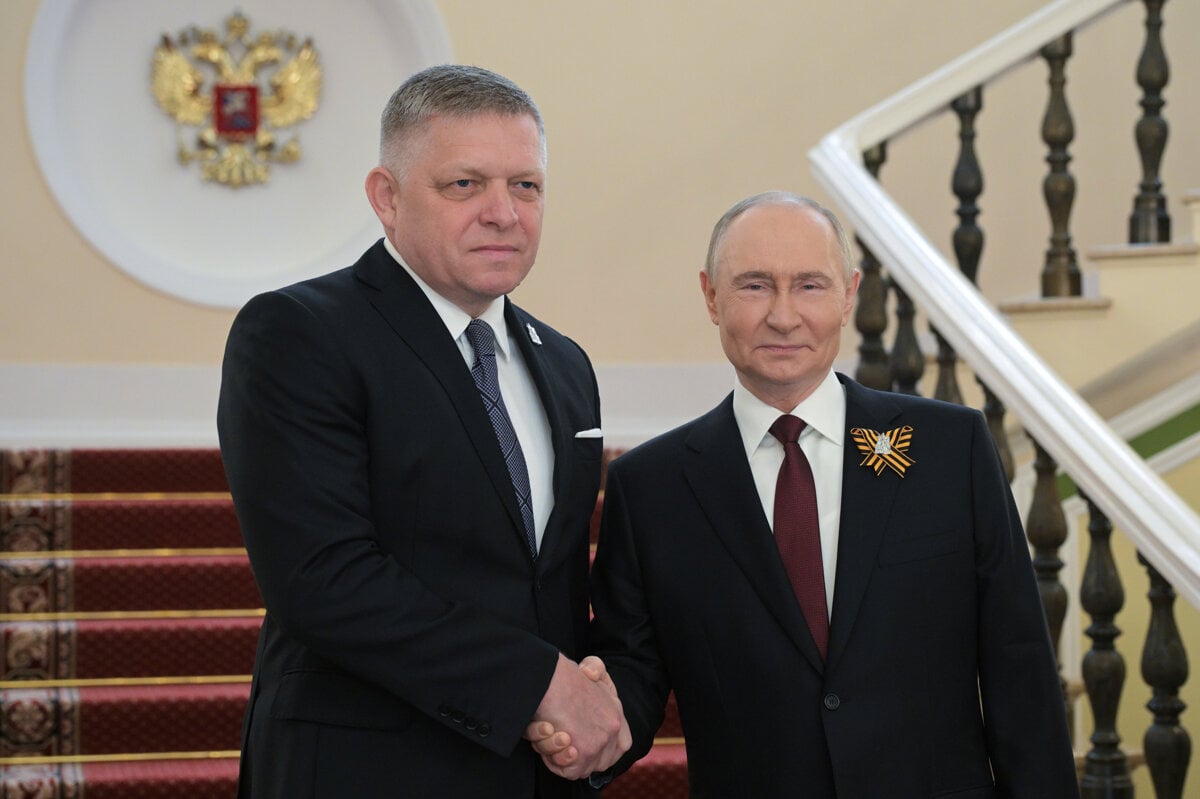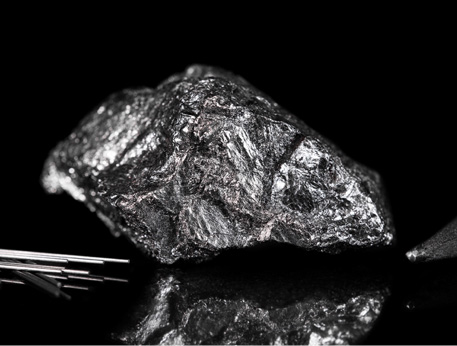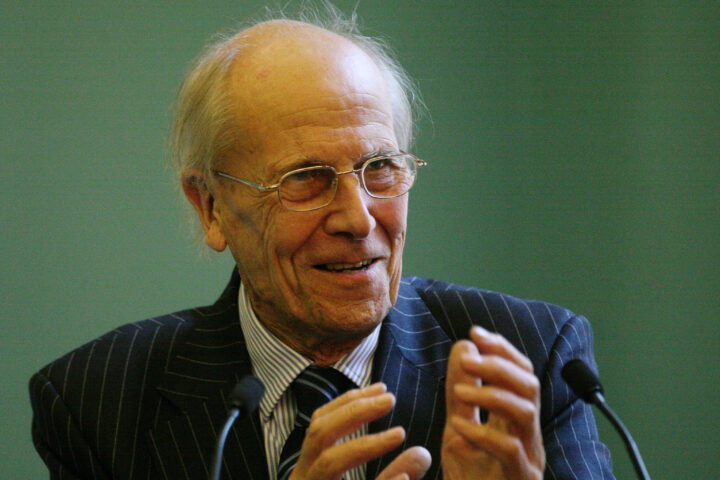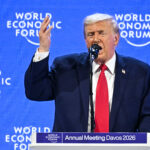Russian President Vladimir Putin has urged Slovak Prime Minister Robert Fico to stop the transit of gas and electricity to Ukraine, a move that underscores Moscow’s continued use of energy as leverage in its confrontation with Kyiv. During a meeting in Beijing on September 2, Putin recommended that Slovakia block reverse gas flows and electricity exports to Ukraine, according to reports in Kommersant and TASS. He argued that cutting off supplies would force Kyiv “to understand there are limits to their behavior in violating other people’s interests.”
Pressure following Druzhba pipeline attacks
Putin’s remarks came after Fico complained to him about repeated Ukrainian strikes on the Druzhba oil pipeline, which delivers Russian crude to Slovakia and Hungary. Fico said his government was reacting harshly to those attacks. In response, Putin insisted that Russia had long refrained from targeting civilian infrastructure, particularly during winter, but was now “responding seriously” to Ukrainian strikes on its energy facilities. He framed Moscow’s intensified bombardments of Ukraine’s energy grid as retaliation, despite Russia’s mass attacks on civilian infrastructure that began well before Kyiv carried out cross-border operations.
Ukraine’s reliance on regional imports
Ukraine is heavily dependent on imports of electricity and gas from neighboring EU countries after months of Russian strikes on its power system. Alongside Hungary and Poland, Slovakia is one of the key channels for deliveries. In February 2025, Ukraine imported 7.3 million cubic meters of gas from Slovakia, 7.1 million from Hungary and 1.8 million from Poland. Slovakia also supplies up to 150 megawatts of electricity annually, helping Kyiv cope with repeated blackouts. Any suspension would hurt not only Ukraine but also Slovakia, which depends on regional energy trade, and EU frameworks limit unilateral disruptions.
Strategic use of energy as a weapon
Putin’s statement illustrates Russia’s long-standing tactic of using energy as a tool of political coercion. Since the start of its full-scale invasion in February 2022, Moscow has earned an estimated €847 billion from oil and gas exports, revenue that continues to bankroll the war. Cheap Russian gas sold to Slovakia has bolstered Fico’s pro-Moscow stance, reinforcing his calls to ease sanctions on Russia and deepening Bratislava’s energy dependence. Analysts say this dynamic strengthens Putin’s belief that dividing the EU is achievable. His public demand to Fico also comes just days before the Slovak leader is scheduled to meet Ukrainian President Volodymyr Zelensky on September 5, where energy security and the Druzhba pipeline will be high on the agenda.
Risks for Slovakia and the EU
While Fico has floated the idea of curbing energy flows to Ukraine, his government has not acted on such threats. Legal and political constraints under EU and Slovak law, as well as the risk of intensifying divisions within the bloc, make an outright cutoff unlikely. For Kyiv, a sudden disruption would be challenging but not catastrophic, as supplies could be rerouted through other European partners. The episode underscores the broader danger of Europe’s lingering dependence on Russian energy and the urgency of accelerating diversification to secure long-term independence and resilience.















